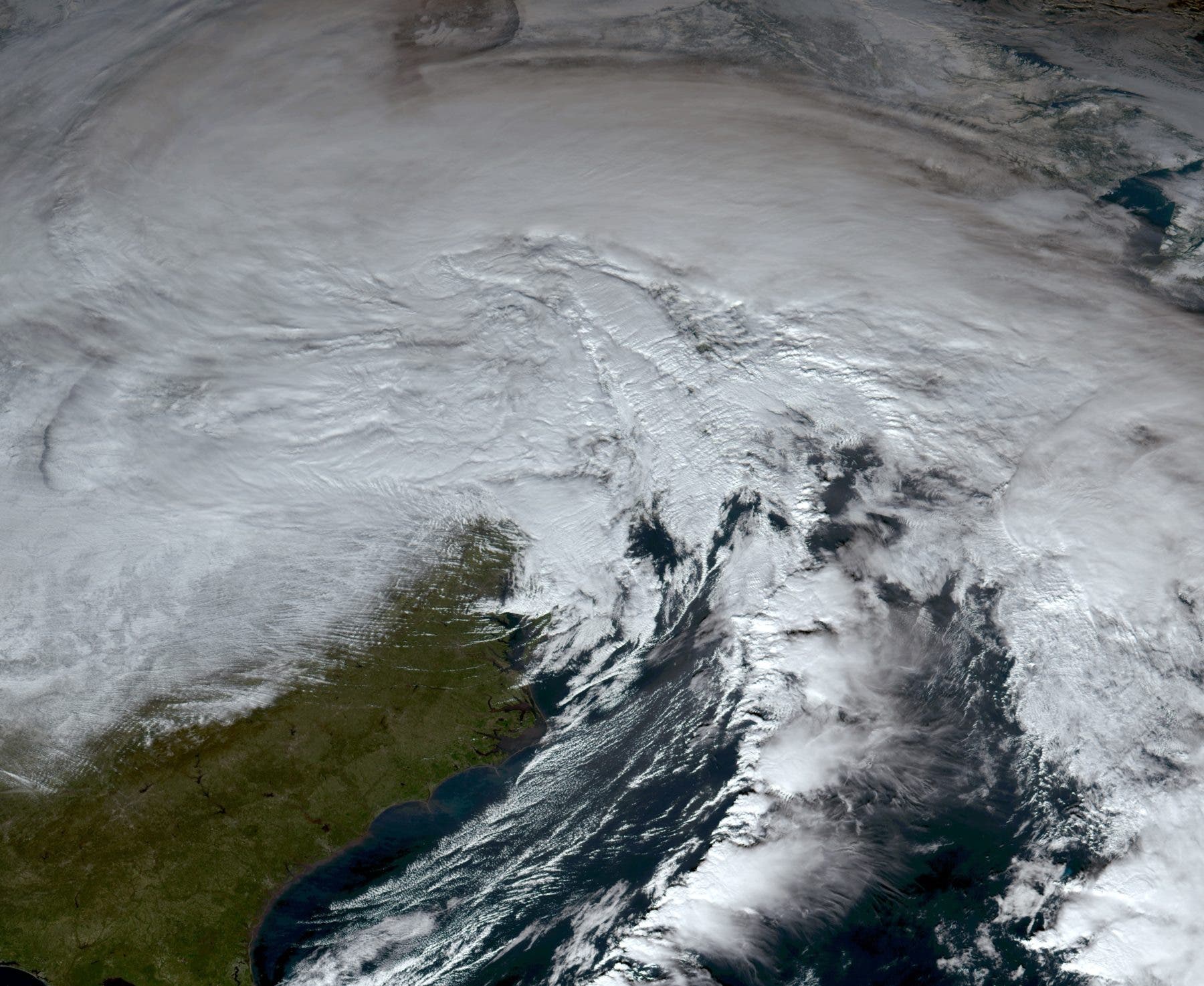
Gas Generators Get Caught With Their Plants Down - CleanTechnica
The failure of gas-burning power plants to provide energy in cold weather is back in the Gas Generators Get Caught with their Plants Down
 cleantechnica.com
cleantechnica.com
PJM serves the mid Atlantic, so no Texas excuses, gas fired plants would be winterized. Peakers usually have a large tank of distillate (jet fuel) on site to cover lack of gas. PJM has access to the Marcellus gas fields so transmission pipeline limitations are usually not the issue that has Mass and Northern New England limited for generation. Peakers are usually dual fuel and have a couple of days worth of distillate fuel oil on site in a tank to get them running until they can get gas allocation. My guess is this is trading floor issue, gas plants typically do not buy "firm" gas that is available 24/7, they buy "non firm" gas which is only there if they commit to burning it a day in advance (take or pay) and there is capacity in the transmission system. During extended cold weather, there just may not be capacity in the system.
Most firms have "trading floors" (made infamous by Enron), that are making money on buying and selling derivatives on power sales and fuel purchases. In theory, things are supposed to be balanced out to cover the company commitments but when it does not work, it can get expensive to the plant owner. The owners of some of the gas plants on the hook for penalties are ultimately multibillion dollar companies but they hide behind LLCs and bankruptcy laws to limit their liabilities which can really crank up when things wrong. Its pretty simple, they get handed a fee to be ready to supply a certain amount of power at any time within an agreed upon short period of time. If they cannot do so, no matter what the reason, they need to pay whatever the power rate was when they could not supply it. In a peaking event the cost per MWhr can go into the $10,000 range from a normal $60 or $70 range (as I write this the rate is $23 per MWhr.
In Texas, the state bailed out the big companies after a couple of similar situation under the "too big to fail" rational and lot of political failure. It will be interesting to see how this is resolved as on Federal level this is not supposed to happen. To the folks on the trading floor, this is rarely a surprise, they will have had this risk priced into the equation and odds are the risk was not their actual costs but how much a bankruptcy action would cost if they got caught with their pants down. BTW Texas does not pay capacity payments, no penalties if a plant cannot supply power.
I did a project for a small power producer in PJM territory, the gas turbine had been there for a couple of decades but had barely run except twice yearly when PJM would do a surprise test to have the plant prove it could meet its commitments. They didnt even man it, they had a crew from a nearby power plant hop in their trucks and drive over to start it up in time.
Last edited:

